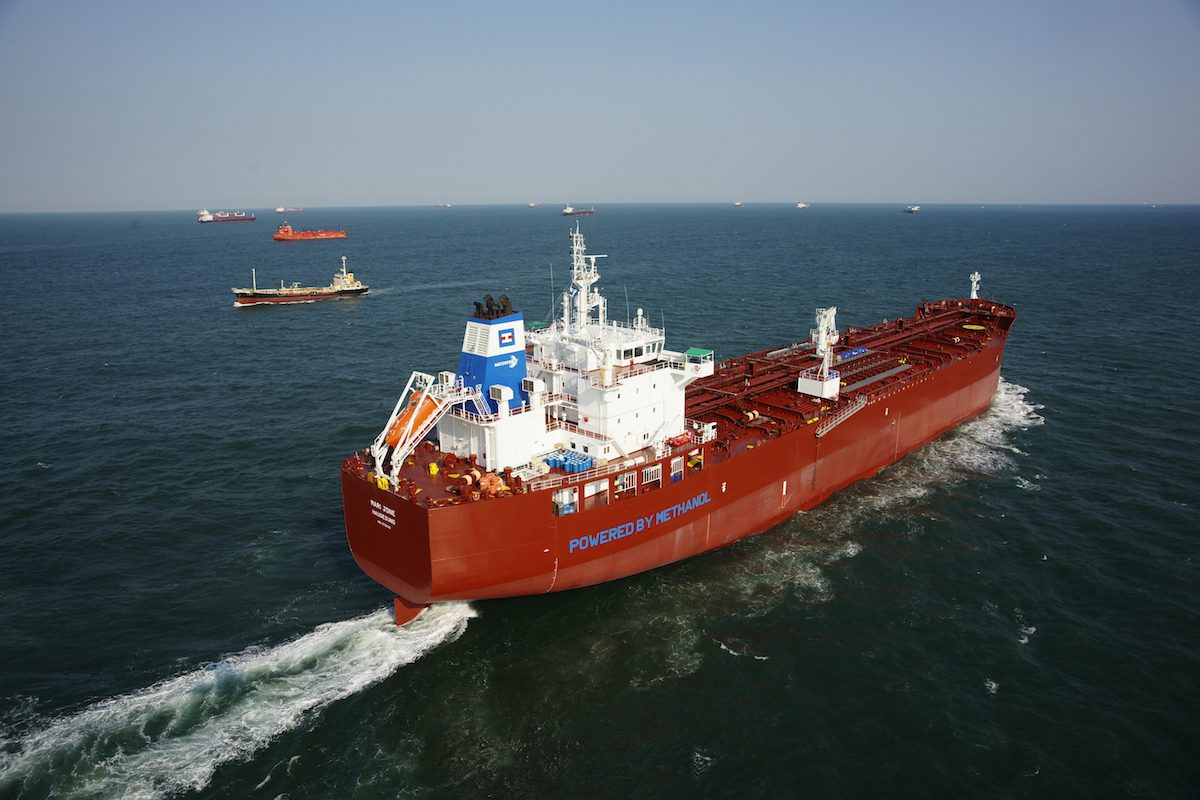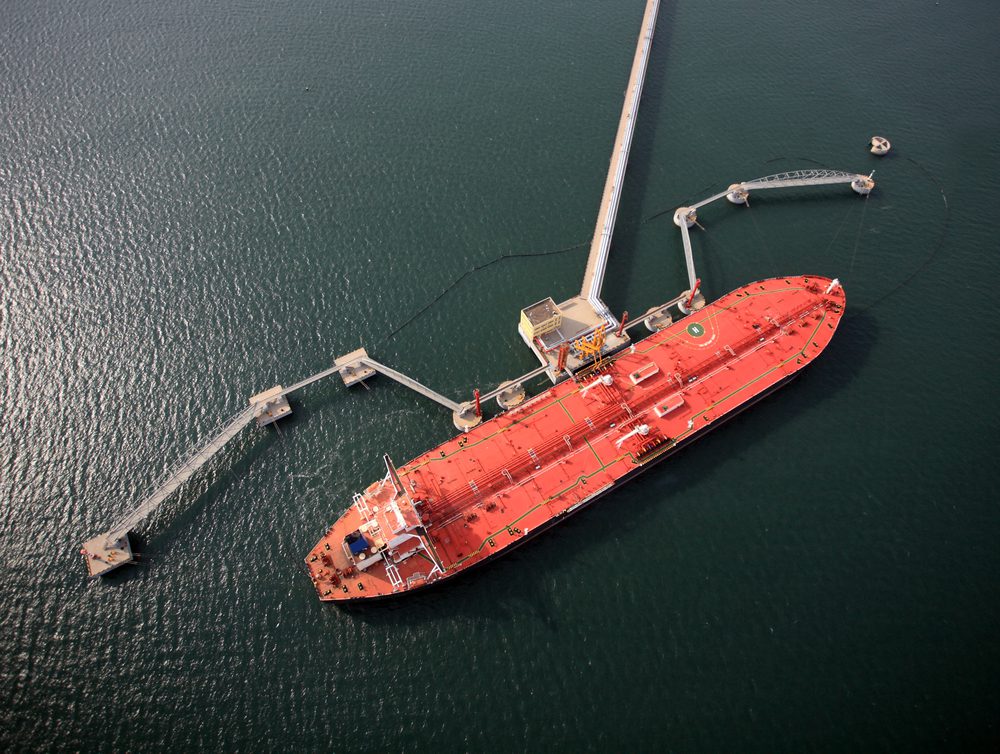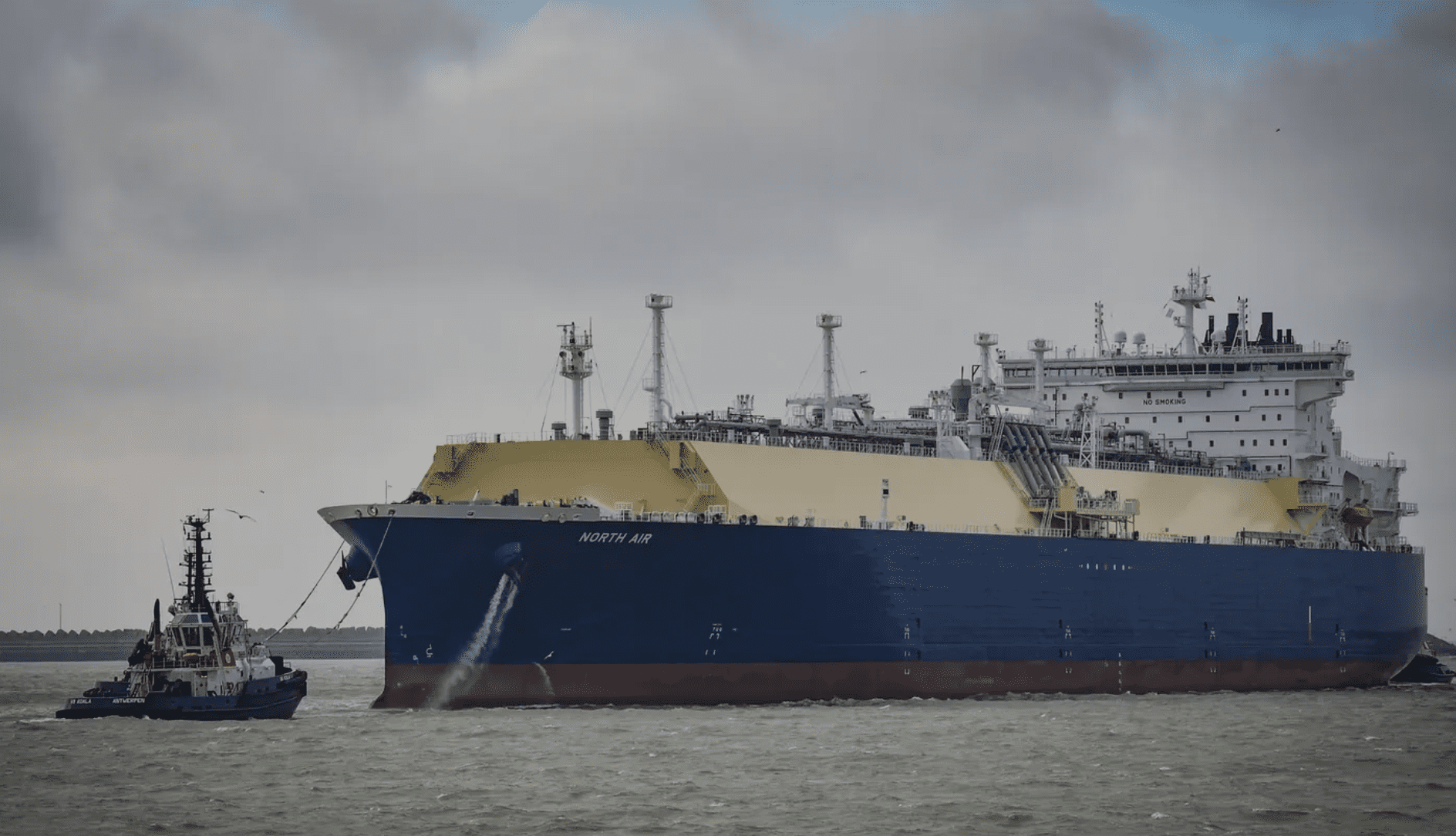Japanese shipping line Mitsui O.S.K. Lines will acquire a 40 percent stake in Methanex’s Vancouver-based subsidiary Waterfront Shipping (WFS), which operates the world’s largest fleet of methanol tankers, for $145 million.
Waterfront Shipping’s fleet is comprised of 30 deep sea tankers ranging from 3,000 to 50,000 deadweight tonnes, including eleven dual-fuel ships powered by methanol and another eight methanol-powered on order.
Methanex is actually the world-leading methanol producer and WSF has been operating dual-fuel tankers powered by methanol since 2016.
“We are pleased to expand our relationship with MOL, a world leading shipping company, which will enable Waterfront Shipping to enhance its capabilities by leveraging MOL’s extensive global shipping experience,” said John Floren, President & CEO of Methanex. “We have worked with MOL for over 30 years on methanol shipping since the era of Cape Horn Methanol Ltd., a predecessor to Methanex’s Chile operations, and we are confident that our new strategic relationship will help develop the market for methanol as a lower emission marine fuel.”
Methanol is one of the world’s most widely traded chemicals and is readily available at most of the world’s top ports.
As a marine fuel, methanol can reduce sulphur oxides (SOx) by up to 99 percent, particulate matter (PM) emissions by up to 95 percent, and nitrogen oxides (NOx) by up to 80 percent compared to conventional marine fuels, while also reducing CO2 emissions during combustion by up to 15 percent. Methanol produced from renewable sources can further reduce CO2 emissions by up to 95 percent compared to conventional marine fuels, providing a pathway to meet the International Maritime Organization’s (IMO) decarbonization goals without further investment or compatibility issues with the current dual-fuel engine technology.
Existing bunkering infrastructure for traditional marine fuels can easily be converted to use methanol, helping grow the global demand for the fuel, according to Methanex
Through the transaction, Methanex, WFS and MOL will also establish a strategic partnership, which will enable Methanex and WFS to benefit from MOL’s broad shipping experience to further strengthen its shipping operations and capabilities. Paul Hexter will remain President at WSF and the company’s day-to-day operations will see no changes.
“MOL is pleased to partner and deepen our long-standing relationship with Methanex, the leader in the methanol industry,” said Takeshi Hashimoto, President of MOL. “This transaction is consistent with MOL’s Environmental Vision 2.1., which regards our active involvement in methanol-fueled ships as one of the measures for adopting clean alternative fuels.”

 Join The Club
Join The Club











